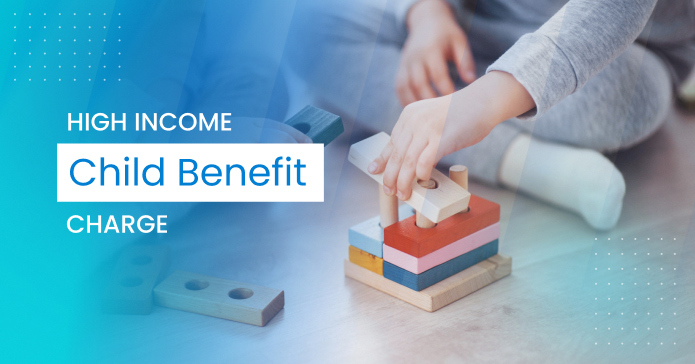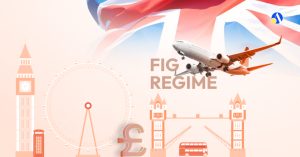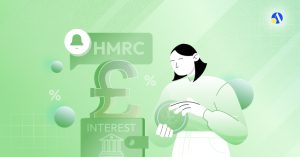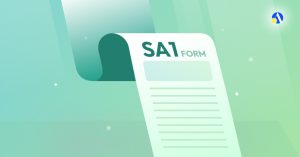The High Income Child Benefit Charge (HICBC) is a topic of confusion for many parents and guardians in the UK. Recent updates, including the HICBC threshold changes for 2024 and the Labour government's decision to maintain current policies, have raised questions about what this means for families receiving Child Benefit. Whether you're new to HICBC or looking to understand the latest developments, this blog post will equip you with clear answers and actionable steps.
What is the High Income Child Benefit Charge?
The High Income Child Benefit Charge is a tax applied to families where one partner earns above a certain income threshold. It was introduced in January 2013 to reduce the entitlement of higher-income households to Child Benefit payments.
How Does the HICBC Work?
- If your adjusted net income exceeds the threshold (originally £50,000, now £60,000 for 2024/25), the charge gradually claws back your Child Benefit payments.
- For every £200 over the income threshold (£60,000 in 2024/25), 1% of the total Child Benefit received is subject to the charge.
- Once your income reaches the upper limit (£80,000 in 2024/25), the entirety of your Child Benefit payment is effectively cancelled out.
HICBC Threshold Changes for 2023/2024 and 2024/2025
Threshold Overview:
- 2023/2024 Tax Year:
- Lower threshold starts at £50,000.
- Child Benefit withdrawn completely at incomes of £60,000 or more.
- 2024/2025 Tax Year:
- Threshold increased to £60,000.
- Full withdrawal now occurs when income hits £80,000.
- The taper rate reduced to 1% per £200 over the threshold, providing more breathing room for middle-income families.
These updates were announced as part of the Spring Budget 2024 and are expected to provide some relief to families nearing the HICBC brackets.
New Child Benefit Claims After April 6, 2025
From April 6, 2025, individuals making new claims for Child Benefit will benefit from updated thresholds. Importantly:
- Claims can always be backdated by up to three months (not just from April 2025).
- However, any backdated payments could still count towards previous tax years, affecting HICBC liability for those periods.
A Note for Lower-Income Partners:
A lower-income partner is someone in a household earning less than £50,000 per year (or £60,000 from 2024/25), below the threshold for the High Income Child Benefit Charge (HICBC). While they may not be the main earner, they should be the one claiming Child Benefit (even if payments are opted out) to secure National Insurance credits. These credits help build their State Pension entitlement, ensuring financial security.
Filing a Tax Return for HICBC
If you or your partner’s income places you in the HICBC bracket:
- You’ll need to register for Self Assessment with HMRC to report the charge.
- If employed under PAYE, the government has announced plans to streamline the system by Summer 2025, allowing you to pay HICBC directly through wage deductions without requiring a tax return.
- For now, ensure your tax return is accurate to avoid penalties ask an accountant getting professional help along the way saves you time and money.
FAQs About the HICBC
Will Labour Scrap High-Income Child Benefit Charges?
Despite calls for reform, the Labour government has decided not to scrap the HICBC. Their Autumn Budget in 2024 confirmed there would be no shift towards basing the charge on household income rather than individual earnings.
Do I Have to Pay Back Child Benefit If I Earn Over £50,000?
Yes. If your adjusted net income exceeds the threshold (£50,000 prior to 2024, £60,000 as of the 2024/2025 tax year), you’ll be liable to pay back a percentage of the Child Benefit received, calculated through the HICBC.
How Can I Avoid Paying the High Income Child Benefit Charge?
To legally avoid the charge:
- Stop receiving Child Benefit payments while still registering for the benefit to retain crucial National Insurance credits.
- Reduce your adjusted net income by contributing to a pension or donating to charity under Gift Aid, as these lower your taxable income.
When Was Child Benefit Stopped for High Earners?
Child Benefit has never been outright stopped for high earners. Instead, the HICBC was introduced in January 2013 to reclaim benefits from higher-income households.
How Debitam Can Help You
Filing a tax return related to Child Benefit can feel daunting, especially when navigating income thresholds and changes in regulations. At Debitam, we make it simple:
- Our platform ensures your return is accurate and compliant.
- We help you calculate your adjusted net income and potential liabilities.
- With expert guidance, we can explore opportunities to reduce your taxable income legally.
Don’t stress about HICBC—we’ve got your back. File your taxes with Debitam and handle your High Income Child Benefit Charge effortlessly. Get Started Today














